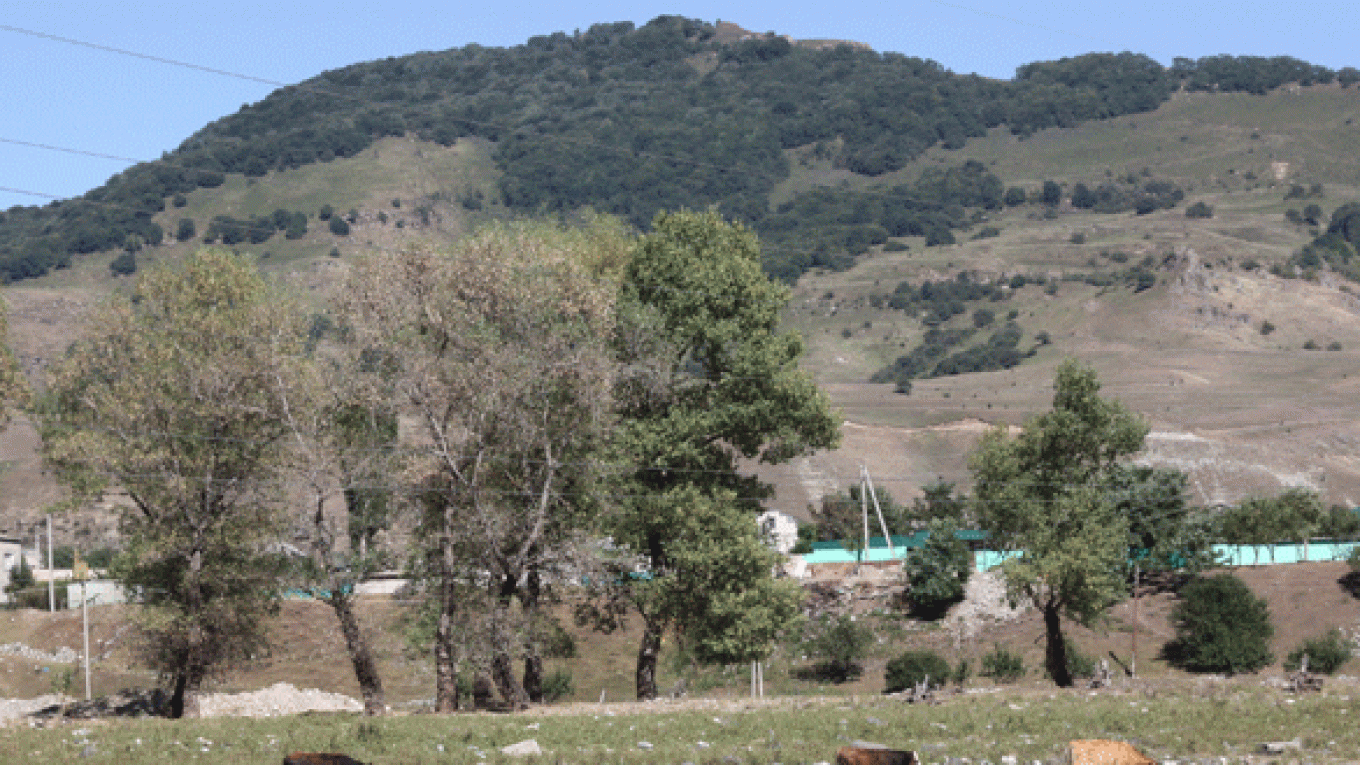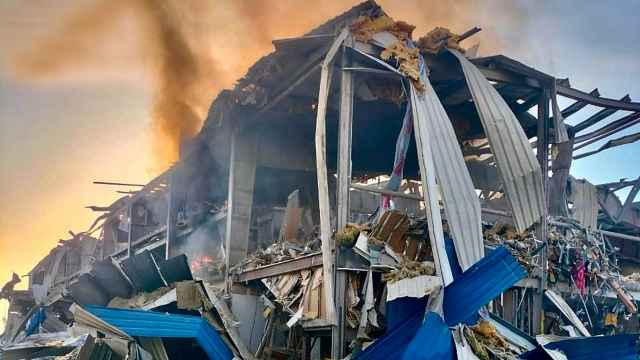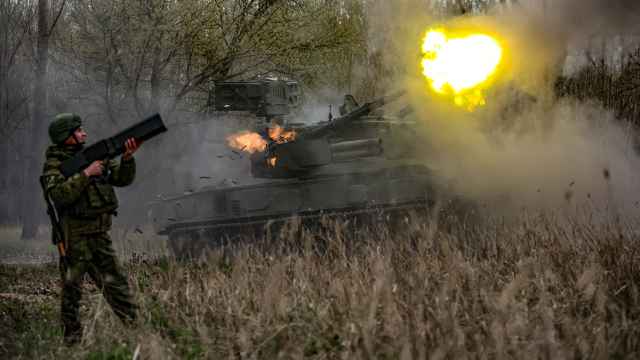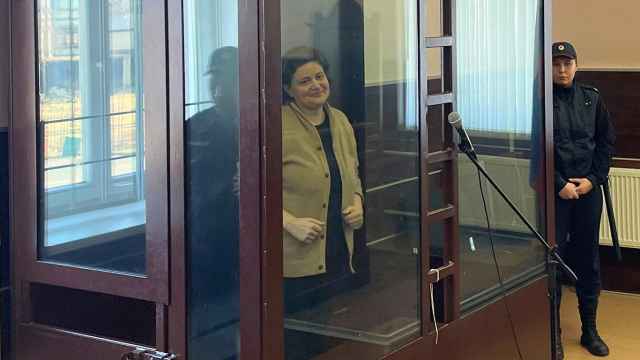The North Caucasus region is a new multibillon-dollar frontier in the development of tourism and real estate.
Driving down the well-paved highway from Mineralniye Vody Airport to the mountains of the Arkhyz valley, cattle and horses are a more common sight than rest stops.
Mountains stretch for hundreds of kilometers, interrupted every so often by blue rivers and smatterings of village houses.
But that is about to change soon. Or at least that is the government's plan.
Four ski villages with hotels, cottages, shops and restaurants will dot the green, craggy mountains of Arkhyz in southern Russia, said Alexei Nevsky, general director of North Caucasus Resorts, the state-owned company that is overseeing the project. By the end of the year, the Arkhyz valley will have a completed ski lift and three small-scale hotels. Over the next two decades, the Arkhyz ski resort will grow to 263 kilometers of ski routes and accommodate up to 45,000 tourists daily, he said.
Arkhyz is the site of the biggest of the five new ski resorts the Kremlin plans to build in the North Caucasus, a mountainous region that, for now, is as desolate as it is beautiful. The other four will be located in Lagonaki, Adygeya republic; Matlas, Dagestan; Elbrus-Berengi, Kabardino-Balkaria; and Mamison, North Ossetia.
The resorts will have a total of 898 kilometers of ski routes and 179 ski lifts, and will be able to accommodate 150,500 guests per day.
The Kremlin will invest about $2 billion in the $15.4 billion project. The French state financial holding Caisse des Depots et Consignations has agreed to invest up to $1 billion.
Construction of the first ski lift started in August in the Arkhyz valley, which has until now been barely touched by man. The only inhabitants besides a village of about 600 people are wild animals — including wolves and mountain goats. Locals talk of vultures whose wings span three to four meters.
The Arkhyz valley ski resort will consist of small cottages, three- to five-star hotels and guest apartments and suites, which will be built according to ecological standards and will have similar decor, Nevsky said.
"They will be built in a world-class style of ski resorts" that will resemble those in France and Italy, Nevsky said.
Tourism is not a totally new concept in the region. The nearby ski resorts at Dombai and Mount Elbrus are packed during the winter. Locals said reservations must be made at least two months in advance to ski at Dombai.
The four cities near Arkhyz, including Kislovodsk, have attracted tourists since Soviet times for the health benefits of their mineral pools and mountain air.
The Adiyukh Palace resort hotel, built seven years ago, features a luxury spa with enriched mineral pools against a backdrop of mountains and an ancient fortress, also called Adiyukh.
The ski resort will bring economic development and soon the area will be unrecognizable, Nevsky said. Small businesses connected with tourism, such as restaurants and shops, will appear along the roads.
The Karachayevо-Cherkessia republic, like many in the North Caucasus, is one of the poorest regions in Russia. The local average monthly income is 5,000 rubles (about $170) per month, though food prices do not differ much from Moscow.
In the last five years the economy has improved and the region has experienced a construction boom. The local airport added a modern blue and white terminal and new runways opened earlier this year.
New shopping centers, mosques and housing have been built in the cities of Karachayevsk and Cherkesk. Construction will continue to grow, Nevsky said, and prices for real estate will climb as the resorts are completed.
The biggest problem for resorts in the North Caucasus is attracting tourists. The region's image as a dangerous place keeps visitors away.
Violence is indeed commonplace.
In March, three tourists from Moscow were killed in the Kabardino-Balkaria republic on their way to Mount Elbrus, where an explosion also damaged new ski lifts. Last week, suicide bombers killed 9 people in Grozny, the capital of Chechnya, which is about 200 kilometers from the planned resort site in Dagestan.
North Caucasus Resorts is consulting with Israel and France on making the area safer. To change their image and attract more tourists, the company is commissioning a film about the region. It will most likely be a comedy set in the North Caucasus, Nevsky said.
Many locals are eager to see the resorts open. They say they believe that the development will bring jobs and progress to the region, as well as improve security.
Kaplan Tebuyev, 31, who heads the administration of Uchkan, an aul — a local term for "village" — 150 kilometers from Arkhyz, said the resorts would bring money to the region.
"Industry is good, jobs are good," Tebuyev said.
Marat Gadzhayev, 33, a government clerk in Stanitsa Zelenchuk, a neighboring village about 100 kilometers east of Arkhyz, agrees.
"It would only be good, 100 percent good," Gadzhayev said.
But some locals are doubtful the resorts will benefit them.
Lyuba, a 27-year-old nurse from Stanitsa Zelenchuk, does not believe that the Arkhyz ski resort will even be built. And if it is, it will not help the village in any way, said Lyuba, who makes 4,000 rubles a month.
"They invest money here, put money into that project, but we haven't seen anything yet," Lyuba said. "People don't live here, they survive."
A Message from The Moscow Times:
Dear readers,
We are facing unprecedented challenges. Russia's Prosecutor General's Office has designated The Moscow Times as an "undesirable" organization, criminalizing our work and putting our staff at risk of prosecution. This follows our earlier unjust labeling as a "foreign agent."
These actions are direct attempts to silence independent journalism in Russia. The authorities claim our work "discredits the decisions of the Russian leadership." We see things differently: we strive to provide accurate, unbiased reporting on Russia.
We, the journalists of The Moscow Times, refuse to be silenced. But to continue our work, we need your help.
Your support, no matter how small, makes a world of difference. If you can, please support us monthly starting from just $2. It's quick to set up, and every contribution makes a significant impact.
By supporting The Moscow Times, you're defending open, independent journalism in the face of repression. Thank you for standing with us.
Remind me later.






